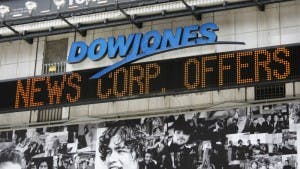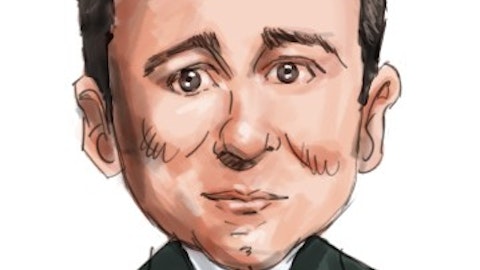It’s 15,000 and beyond for the Dow Jones Industrial Average (INDEXDJX:.DJI) this year as stocks have surged. Unemployment has fallen, the economy has risen steadily higher, and it looks like we’re finally rising out of the shadow of the recession. If nothing else, investors have certainly capitalized with the markets’ run-up.

Yet stocks haven’t turned drastically expensive during this time. According to data compiled by the Financial Times, the Dow Jones Industrial Average (INDEXDJX:.DJI)’s P/E average remains at a manageable 15 even with its 14.3% rise this year. American stocks as a whole are a bit pricier, with an average P/E ratio of 17.9 according to the FT‘s data, but how do stocks here in the U.S compare with their international rivals?
Are U.S. stocks too expensive?
Surprisingly, you don’t have to look to a certain type of economy — whether growing or struggling — to find similar valuations as the average American stock. Japan’s stocks average a P/E ratio of 17.6, even as the country’s NIKKEI 225 (INDEXNIKKEI:NI225) index has topped all competition this year by rising a whopping 31.7%. Easy money from Japan’s massive stimulus program, brought about as new prime minister Shinzo Abe tries to reverse more than two decades of stagnation, have helped push the country’s top firms ahead — particularly banks and other financial institutions.
Japan’s average stock valuation compares with Dow Jones Industrial Average (INDEXDJX:.DJI) member The Boeing Company (NYSE:BA) , which also boasts a P/E of 17.6 after running up more than 24% this year, one of the Dow Jones Industrial Average (INDEXDJX:.DJI)’s top gainers. Boeing’s a fit match for the P/E after a successful but mixed recent past marred by the 787 grounding drama, even as the company topped earnings expectations this past quarter. Similarly, Japan faces both rewards and challenges from its new, stimulus-paved road. While the easy-money climate has sparked a surge in Japanese financial stocks such as Nomura Holdings, Inc. (ADR) (NYSE:NMR) — a company where revenues jumped 30% on the back of stimulus — questions linger about how Japan will service its debt, which has grown to more than 200% of GDP, as well as combat the potential of reduced bank lending as a result of low interest rates.
Surprisingly, Japan’s P/E valuation of 17.6 is matched by one of the world’s most beleaguered economies — Spain. Spanish stocks average a similar valuation despite the country’s ongoing debt crisis. The IBEX 35 stock index reports an even cheaper average valuation of only 15.7, but that’s still more expensive than many national averages for equities. As a comparison, Germany’s stocks average a P/E of just 11.9, while Dutch stocks average a 13.1 valuation.

